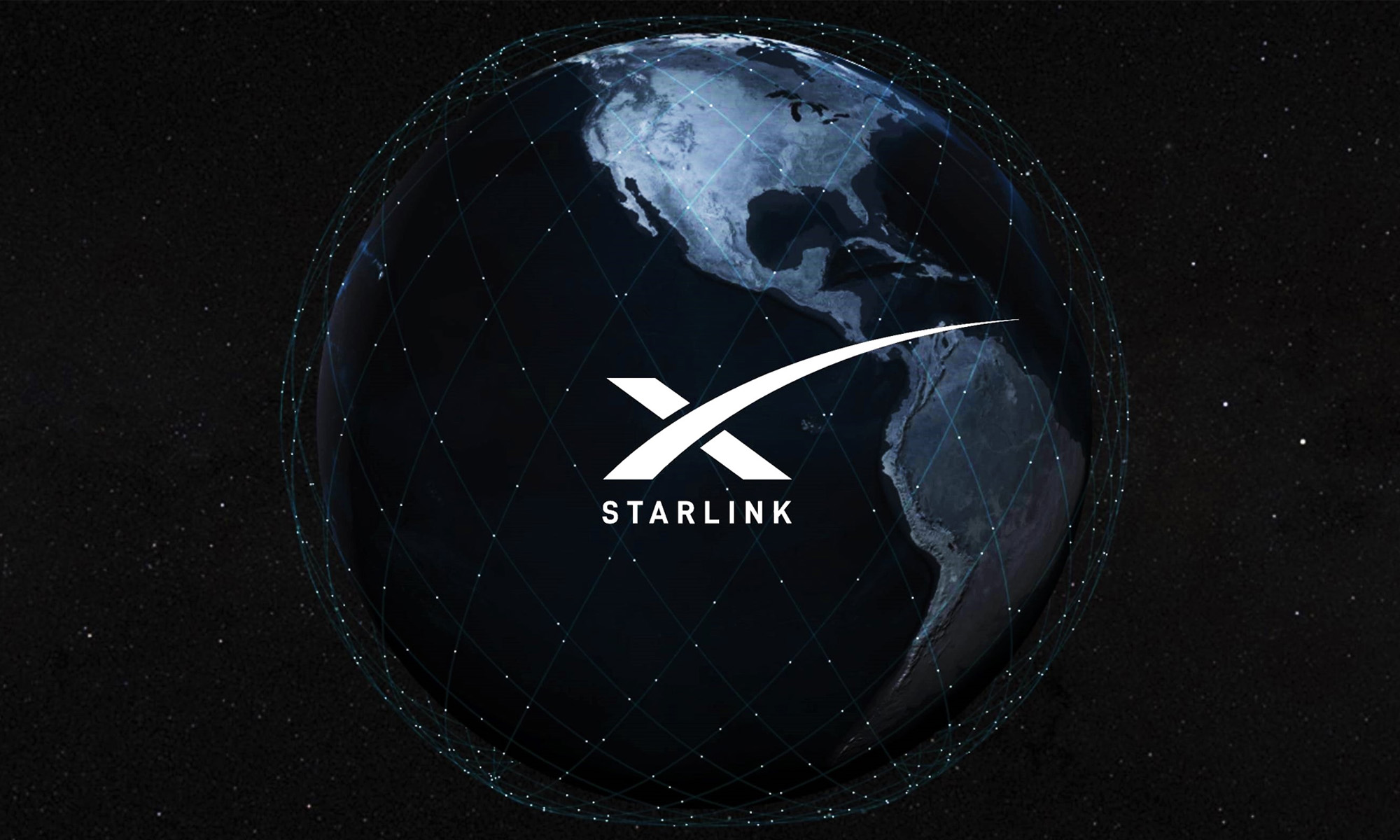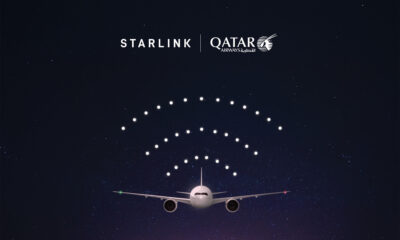News
Starlink To Launch In Lebanon As Soon As 2022

After launching its beta service to select customers across the United States and Canada, Elon Musk’s satellite internet constellation, Starlink, is set to launch in Lebanon as soon as 2022.
Last year, Lebanese computer science researcher Nadim Kobeissi asked Elon Musk on Twitter to position one of his satellites over Lebanon. His tweet quickly gained traction among other Lebanese Twitter users, many of which have to rely on slow and unreliable internet connections that are behind the rest of the world.
To everyone’s surprise, Musk replied, assuring Nadim that Starlink would provide global coverage. Well, it’s now clear that Musk was serious because pre-orders are already available with a fully refundable deposit of $99. The deposit will go toward the cost of the hardware kit ($499), the monthly service fee ($99 a month), and the shipping & handling fee (varies from region to region).
The fine print states that paying the deposit doesn’t guarantee availability. Instead, the deposit gives the payer’s order a higher priority in their region for ordering Starlink when it becomes available in the future.
Those who receive the Starlink kit can look forward to data speeds between 50 Mbps and 150 Mbps and latency from 20 ms to 40 ms, which is good enough for online gaming, high-definition streaming, and video conferencing. Both speed and latency are promised to keep improving as SpaceX, the company behind Starlink, launches more satellites and improves its software.
Already, around 1,000 Starlink satellites have been launched into orbit, but SpaceX has sought approval for tens of thousands more. Other private companies that are planning to launch satellite internet constellations include OneWeb, Amazon, Samsung, and Boeing.
Also Read: Instagram Music Is Finally Available In The Middle East
At the moment, satellite internet access is aimed mostly at people living in rural and hard-to-reach locations, where wired connectivity has typically been a challenge. As the technology improves and the number of satellites in orbit increases, it’s possible that it will become a viable alternative to broadband internet even in otherwise well-connected areas.
It still isn’t clear whether or not the Lebanese government will formally allow the use of Starlink within the country as Ogero, Lebanon’s state telecommunications operator, doesn’t allow the use of Internet services that don’t pass through their network. It will be interesting to see what their take is on the matter.
News
Samsung Smart Glasses Teased For January, Software Reveal Imminent
According to Korean sources, the new wearable will launch alongside the Galaxy S25, with the accompanying software platform unveiled this December.

Samsung appears poised to introduce its highly anticipated smart glasses in January 2025, alongside the launch of the Galaxy S25. According to sources in Korea, the company will first reveal the accompanying software platform later this month.
As per a report from Yonhap News, Samsung’s unveiling strategy for the smart glasses echoes its approach with the Galaxy Ring earlier this year. The January showcase won’t constitute a full product launch but will likely feature teaser visuals at the Galaxy S25 event. A more detailed rollout could follow in subsequent months.
Just in: Samsung is set to unveil a prototype of its augmented reality (AR) glasses, currently in development, during the Galaxy S25 Unpacked event early next year, likely in the form of videos or images.
Additionally, prior to revealing the prototype, Samsung plans to introduce…
— Jukanlosreve (@Jukanlosreve) December 3, 2024
The Galaxy Ring, for example, debuted in January via a short presentation during Samsung’s Unpacked event. The full product unveiling came later at MWC in February, and the final release followed in July. Samsung seems to be adopting a similar phased approach with its smart glasses, which are expected to hit the market in the third quarter of 2025.
A Collaborative Software Effort
Samsung’s partnership with Google has played a key role in developing the smart glasses’ software. This collaboration was first announced in February 2023, with the device set to run on an Android-based platform. In July, the companies reiterated their plans to deliver an extended reality (XR) platform by the end of the year. The software specifics for the XR device are expected to be unveiled before the end of December.
Reports suggest that the smart glasses will resemble Ray-Ban Meta smart glasses in functionality. They won’t include a display but will weigh approximately 50 grams, emphasizing a lightweight, user-friendly design.
Feature Set And Compatibility
The glasses are rumored to integrate Google’s Gemini technology, alongside features like gesture recognition and potential payment capabilities. Samsung aims to create a seamless user experience by integrating the glasses with its broader Galaxy ecosystem, starting with the Galaxy S25, slated for release on January 22.


























